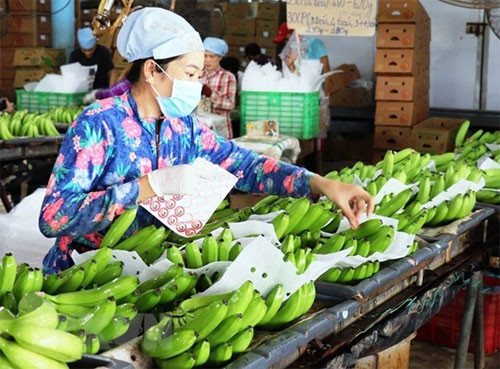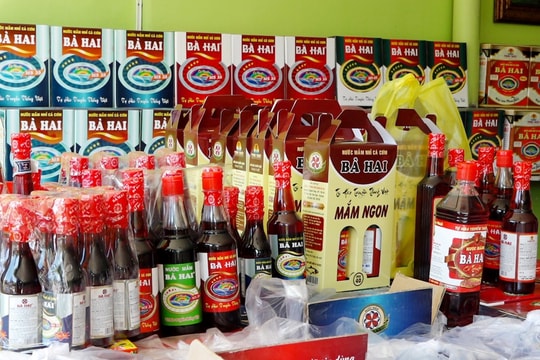 |
Vietnamese fruit and vegetable exporters are believed to hold considerable
advantages under the EU-Vietnam Free Trade Agreement (Photo: VNA)
The Vietnamese trade office in Sweden said that due to unfavourable weather
conditions, Northern European countries very much depend on imported fruit and
vegetables, with over 90 percent of fruit and 40 percent of vegetables coming
from foreign sources.
The importation of tropical fruit has been growing quickly in recent years,
opening up opportunities for both existing and new exporters from developing
countries, including Vietnam.
Developing countries account for more than 50 percent of the supply of fruit
such as papaya, mango, pineapple, dates, tamarind, and passionfruit imported to
the market, and 30 percent of avocado, figs, melons, and grapes.
The EU-Vietnam Free Trade Agreement (EVFTA), which took effect on August 1,
2020, has also generated considerable advantages for Vietnamese firms, as most
tariffs on fresh fruit and vegetables have been slashed to zero percent, the
trade office noted.
Despite the optimistic outlook, Cong Thuong wrote, the market is relatively
small compared to others in Europe. It’s also not easy for new exporters to
compete with multilateral fruit and vegetable providers, logistics firms, and
packaging companies with a long presence there.
Vegetables grown in Europe now account for 90 percent of those imported into
Northern Europe, while those from developing nations stand at less than 10
percent.
Off-season produce like tomatoes and bell peppers are often provided by
countries near Northern Europe. Geographical distance and a lack of direct air
routes to the region also pose certain difficulties for Vietnam’s fruit and
vegetable exports.
The newspaper suggested Vietnamese companies consider producing organic and
convenience products, pointing out European consumers’ increasing preference for
healthy diets with clean and natural food, as well as those that serve their
busy lifestyles.
To make use of this trend, they should ensure that product quality meets
requirements, the article said.
It also noted that more attention needs to be paid to sustainable and
responsible production and business practices, adding that products will be
accepted by Northern European consumers if they comply with sustainability
standards.
Brand building and product storytelling are also tools necessary for marketing
new products, particularly those for niche markets, according to the paper.
Source: VNA




















.jpg)




.jpeg)

.jpeg)


.jpeg)

